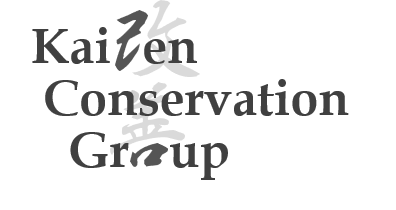We are happy to see this new paper published in collaboration with the Conservation Evidence team at the University of Cambridge.
See below the abstract of the paper:
- Improving the effectiveness of conservation practice requires better use of evidence.
- Since 2004, researchers from the Conservation Evidence group (University of Cambridge) have engaged with over 1100 named practitioners, policymakers, funders and other academics from across the world to identify needs and develop a range of principles, tools and resources to embed evidence in decision making. The goal of this engagement (the Conservation Evidence Programme) was to deliver improved conservation practice leading to benefits for nature and society. Together, we developed a theory of change with five key strategies for delivering change, alongside a freely available Evidence Toolkit to support decision makers in achieving that change.
- The authors describe the toolkit, a collection of freely available tools and resources developed by the collaborative programme, and how co-design, employing different levels of partner engagement, enabled its development.
- Reflecting on our experiences highlighted a number of insights and recommendations, including the need to identify where deep engagement is a necessary condition for success; the importance of collective agreement of the roles of different partners; the need to consider how to facilitate uptake of new tools or practices, particularly where that requires changes to organisational practices or culture; and the importance of establishing processes/channels for ongoing engagement with stakeholders, with a willingness to be flexible and open to incorporating new suggestions and perspectives as needed.
- The Conservation Evidence Programme has enabled practitioners, funders and policymakers to become part of a network of forward-thinking organisations that is working collaboratively to help drive more effective conservation practice through improved evidence use.
Read the paper here.

